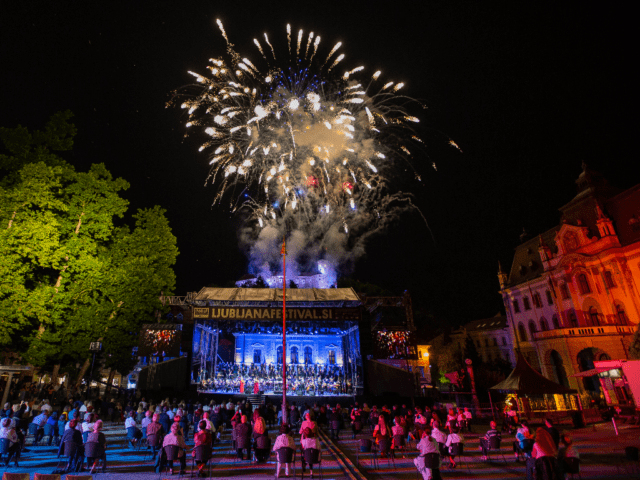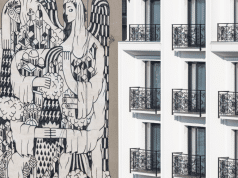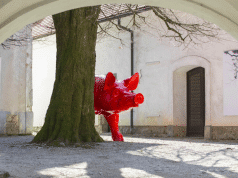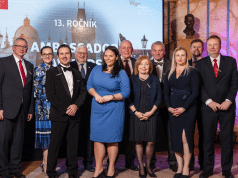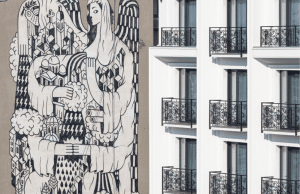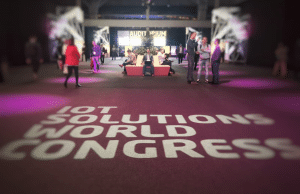Slovenia declared a pandemic on 12 March 2020, and, consequently hotels, concert halls, cultural and congress centres were shutting down. All events, meetings, congresses, conferences, and cultural and art events like concerts, festival, theatre plays and so on, were either cancelled or postponed.
Similarly, to pretty much every other place in the world, Ljubljana was in this challenging time under a complete lockdown. The city was more or less a complete ghost town for more than two months. However, as of 15 May 2020, Slovenia was the first country in Europe to declare the end of the pandemic as of the end of May so that on 1 June 2020 everything was going ‘back to normal’.
Ljubljana was also getting ‘back to normal’. Residents of Slovenia’s capital were delighted to be able to visit museums, cultural performances and sightseeings, or attend movie and music festivals. However, the biggest delight and the most anticipated event, was the Ljubljana Festival which lasts every Summer from July to August providing 70 to 80 events of different genres that attract more than 80 thousand visitors from Slovenia and abroad. Ljubljana Festival has become a synonym for high-profile events in Slovenia’s capital as it has been hosting many of the biggest and world-wide famous theatre, music, and visual arts names.
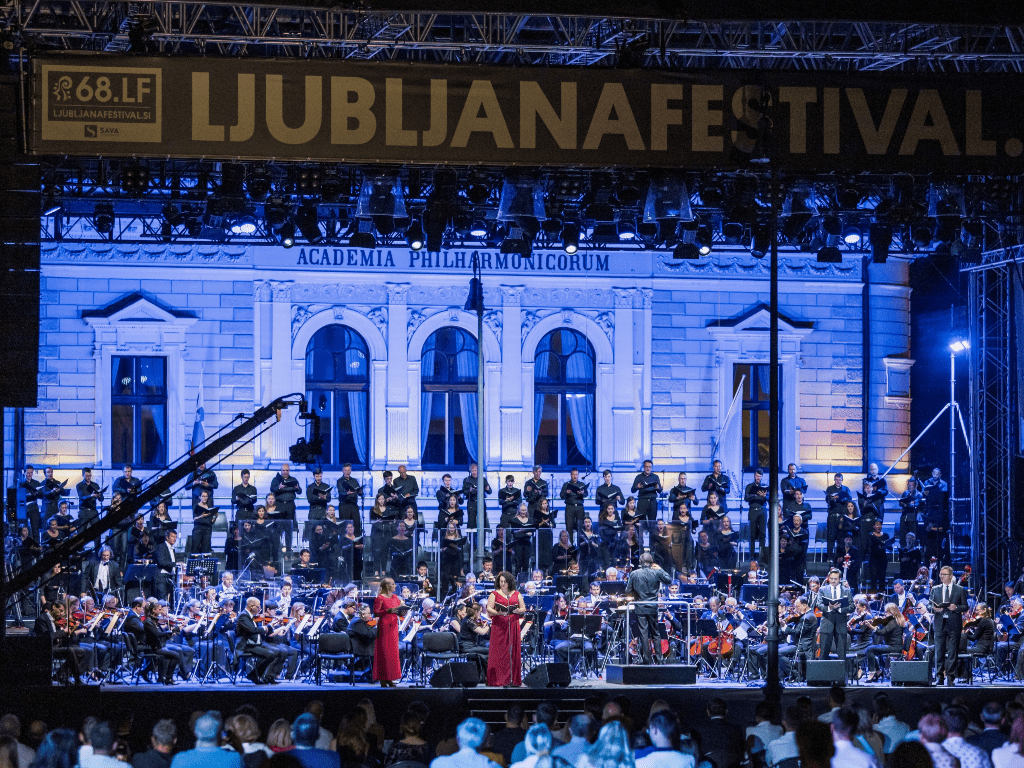
Festival’s official openings are proverbial for the beauty they provide for the ears and eyes of several thousand visitors. This year, of course, numbers on the central Ljubljana’s square, the Congress Square where the event was held, were much smaller as the organizer carefully followed seating arrangements as defined by government restrictions. Hence, there was 500 people instead of several thousand seated in the officially dedicated space, and a few hundred more sitting on the grass of the Zvezda Park that touches the edges of the Congress Square. The opening consisted of the Beethoven’s 9th Symphony and the 3rd Piano concert performed by the Slovenian Philharmonic Orchestra and Choir under the baton of conductor Charles Dutoit and world-renowned Slovenian pianist Dubravka T. Srebotnjak.
As the year 2020 marks the 250th anniversary of Ludwig van Beethoven’s birth, this event was one of many dedicated to celebrating his genius. For this special occasion, the famous maestro Charles Dutoit, a Swiss conductor, a recipient of the Royal Philharmonic Society Gold Medal Award and as of currently the principal guest conductor for the St-Petersburg Philharmonic and co-director of the MISA festival in Shanghai, arrived to Ljubljana from Paris by car as the flights were still not operating frequently, plus to avoid a possible infection with Corona virus.
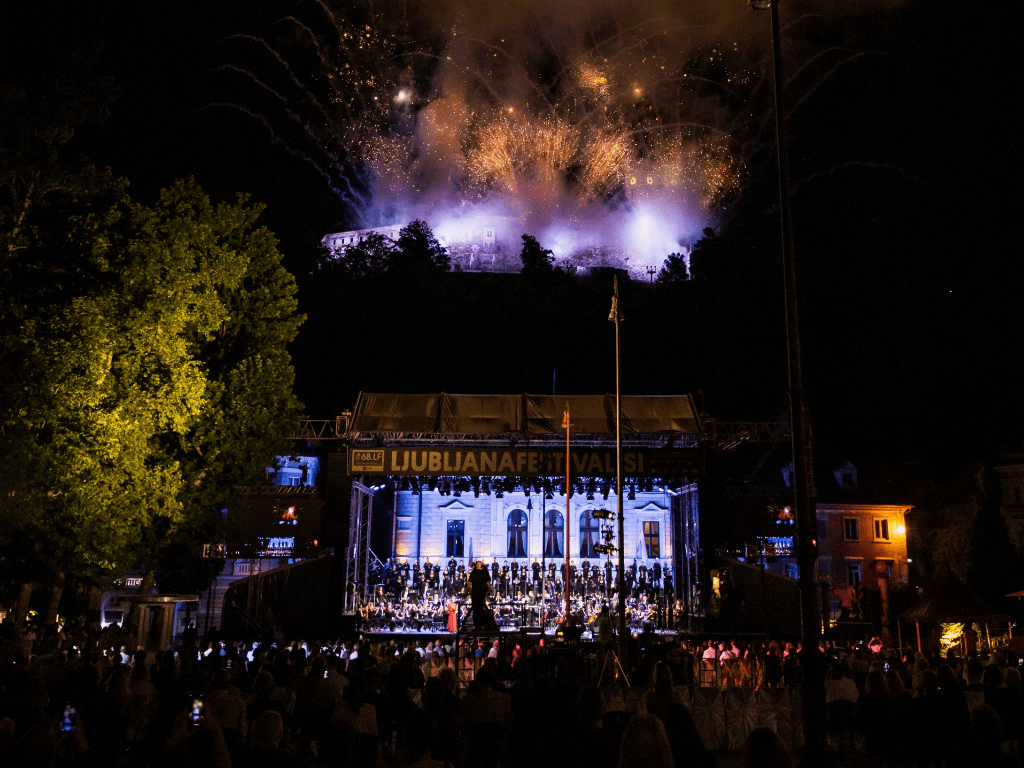
This was not the only remarkable story of the night. Another one was, as mayor of Ljubljana stated at the opening, that at the very moment this was probably the only classical concert in the world which was not cancelled or rather, that was actually carried out as planned. Maestro Dutoit, for example, was supposed to conduct 9 concerts around Europe, but all of them, except for the Slovenian one at the opening of the Ljubljana Festival, were cancelled.
Additional emotional moment of the night was brought by the 111 chairs covered in white that were set at the middle of the auditorium to represent all Slovenian victims of Covid-19 at the time as requested by the pianist Dubravka T. Srebotnjak . Audience and the performers dedicated a moment of silence for the dead. It was a touching and bonding moment for everyone as after months of lockdown and horror that the Corona virus was spreading through the world, there was this moment of art, respect, love and human connection.
Certainly, the choice of the Beethoven’s 9th Symphony was not a coincidence as the masterpiece in its fourth sentence includes a choir with the anthemic Ode to Joy by Friedrich von Schiller, which sings of unity, brotherhood, and love among nations. The audience was getting on its feet while the surprising firework coming from the Ljubljana Castle overlooking the Congress Square was perfectly aligned with the rhythm of the music. A moment, that will not easily be forgotten in the mind of Ljubljana residents and lovers of classical music.
The 68th Ljubljana Festival is officially closing on 30 of August 2020 with a closing concert bringing to Slovenia’s capital the famous La Scala Philharmonic Orchestra. Events, though, will continue until the 8th of September.


